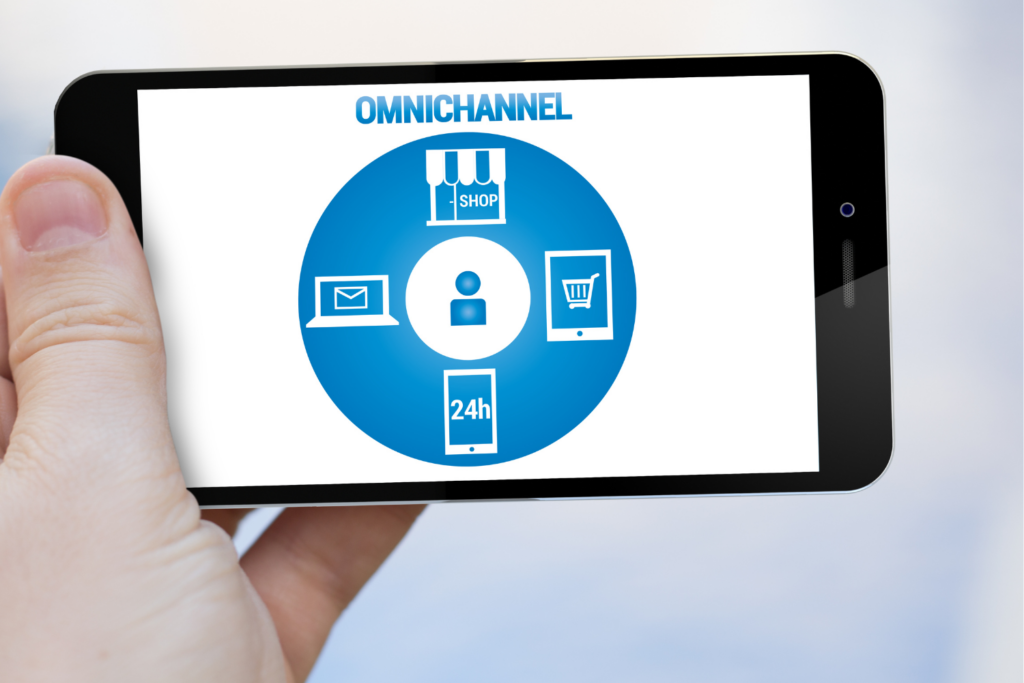Introduction
In today’s competitive business landscape, effective marketing strategies are crucial for businesses to connect with their target audience and drive growth. Two popular approaches that have gained significant attention in recent years are integrated marketing and omnichannel marketing. While both methods aim to enhance marketing efforts and improve customer experiences, they differ in their approach and execution. In this article, we will explore the differences between integrated marketing and omnichannel marketing, highlighting their unique features, benefits, and considerations.
Outline
- Introduction
- What is Integrated Marketing?
- Definition and Concept
- Key Components
- Benefits of Integrated Marketing
- What is Omnichannel Marketing?
- Definition and Concept
- Key Components
- Benefits of Omnichannel Marketing
- Differences between Integrated Marketing and Omnichannel Marketing
- Approach
- Channel Integration
- Customer Experience
- Consistency
- Choosing the Right Approach
- Understanding Business Objectives
- Analyzing Target Audience
- Evaluating Resources and Capabilities
What is Integrated Marketing

Integrated marketing refers to a strategic approach that aims to create a seamless and consistent brand experience across multiple channels and touchpoints. It involves aligning various marketing channels and activities to ensure they work together cohesively towards achieving common goals. The key components of integrated marketing include consistent messaging, coordinated campaigns, and synchronized efforts across different platforms.
Integrated marketing emphasizes the importance of maintaining brand consistency and delivering a unified message to the target audience. By leveraging various marketing channels such as advertising, public relations, direct marketing, social media, and more, businesses can create a holistic and impactful marketing campaign that resonates with their audience.
Key Components
Integrated marketing involves several key components:
- Consistent Messaging: Maintaining a consistent brand message across all marketing channels helps reinforce brand identity and establishes trust with the audience.
- Coordinated Campaigns: Creating synchronized campaigns across different channels ensures that marketing efforts complement each other and reinforce the desired message.
- Unified Branding: Implementing consistent branding elements, such as logos, colors, and design elements, helps create a recognizable and cohesive brand image.
- Cross-Channel Integration: Integrating various marketing channels, both online and offline, allows for a seamless customer experience and ensures a unified brand presence.
Differences between Integrated Marketing and Omnichannel Marketing
Although both integrated marketing and omnichannel marketing aim to create cohesive and impactful marketing campaigns, they differ in several key aspects.
Approach
Integrated marketing focuses on aligning various marketing channels and activities to ensure a consistent message and branding across all touchpoints. It emphasizes a coordinated approach that reinforces the brand identity and resonates with the target audience.
On the other hand, omnichannel marketing places the customer at the center and strives to create a seamless and personalized experience across all channels. It aims to provide customers with the flexibility to interact with the brand through their preferred channels while maintaining consistency and continuity.
Channel Integration
Integrated marketing involves integrating marketing channels to deliver a cohesive brand experience. However, it may not necessarily provide a seamless customer journey across channels. Each channel operates independently, contributing to the overall marketing strategy but may lack the level of synchronization seen in omnichannel marketing.
Omnichannel marketing, on the other hand, prioritizes channel integration and aims to create a unified customer experience across multiple touchpoints. It focuses on delivering consistent messaging and a smooth transition between channels, ensuring customers have a seamless journey.
Customer Experience
Integrated marketing aims to create a consistent brand experience for customers. It focuses on maintaining a unified brand message and identity. While it considers customer experience, its primary goal is to reinforce brand positioning and increase brand visibility.
In contrast, omnichannel marketing places a strong emphasis on delivering an exceptional customer experience. It strives to provide a seamless and personalized journey across all channels, considering customer preferences and behaviors. The goal is to enhance customer satisfaction, engagement, and loyalty.
Consistency
Integrated marketing emphasizes consistency in messaging and branding. It ensures that the brand identity remains intact across different channels and touchpoints, maintaining a uniform image.
Omnichannel marketing takes consistency a step further by providing a consistent experience across channels. It focuses on creating a seamless and integrated journey, where customers can transition between channels without disruptions or inconsistencies.
Choosing the Right Approach
When deciding between integrated marketing and omnichannel marketing, businesses should consider their specific objectives, target audience, and available resources. Here are some factors to consider:
- Business Objectives: Clearly define your marketing goals and determine whether your focus is on brand consistency or delivering a seamless customer experience.
- Target Audience: Analyze your target audience’s preferences, behaviors, and expectations to determine which approach aligns better with their needs.
- Resources and Capabilities: Assess your organization’s resources, technology infrastructure, and capabilities to determine which approach is feasible and achievable.
It’s important to note that integrated marketing and omnichannel marketing are not mutually exclusive. Depending on your business requirements, you may choose to integrate elements from both approaches to create a customized strategy that suits your needs.
Conclusion
In conclusion, integrated marketing and omnichannel marketing are two distinct but valuable approaches to enhance marketing efforts and improve customer experiences. Integrated marketing focuses on aligning various marketing channels to deliver a consistent brand message, while omnichannel marketing prioritizes providing a seamless and personalized experience across all touchpoints. Businesses should carefully assess their objectives, target audience, and available resources to determine which approach aligns best with their goals.
You can also read this How Does Omnichannel Marketing Work A Comprehensive Guide
















